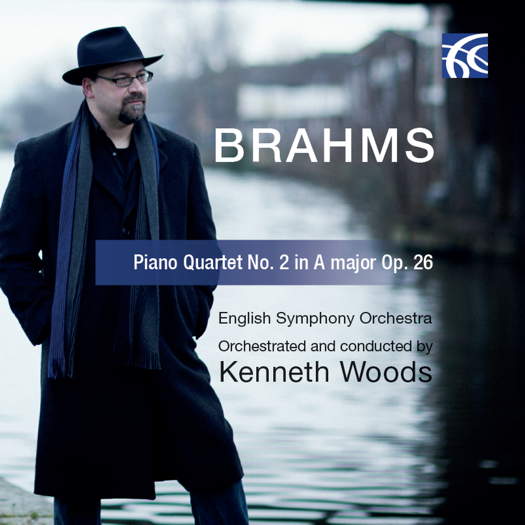 WORD SEARCH: Can you solve Allan Rae's classical music word search puzzles? We're currently publishing one per month.
WORD SEARCH: Can you solve Allan Rae's classical music word search puzzles? We're currently publishing one per month.
MUSIC AND THE PANDEMIC

GIUSEPPE PENNISI puts the case for Italy
The COVID-19 pandemic is making excellent victims in the field of the economy of culture and, above all, of the performing arts - the cornerstone of economic activity and employment in many areas. This is particularly true in Italy. Think of cities like Venice and Florence (and many others) that live on cultural tourism as the main if not the only source of work and income.
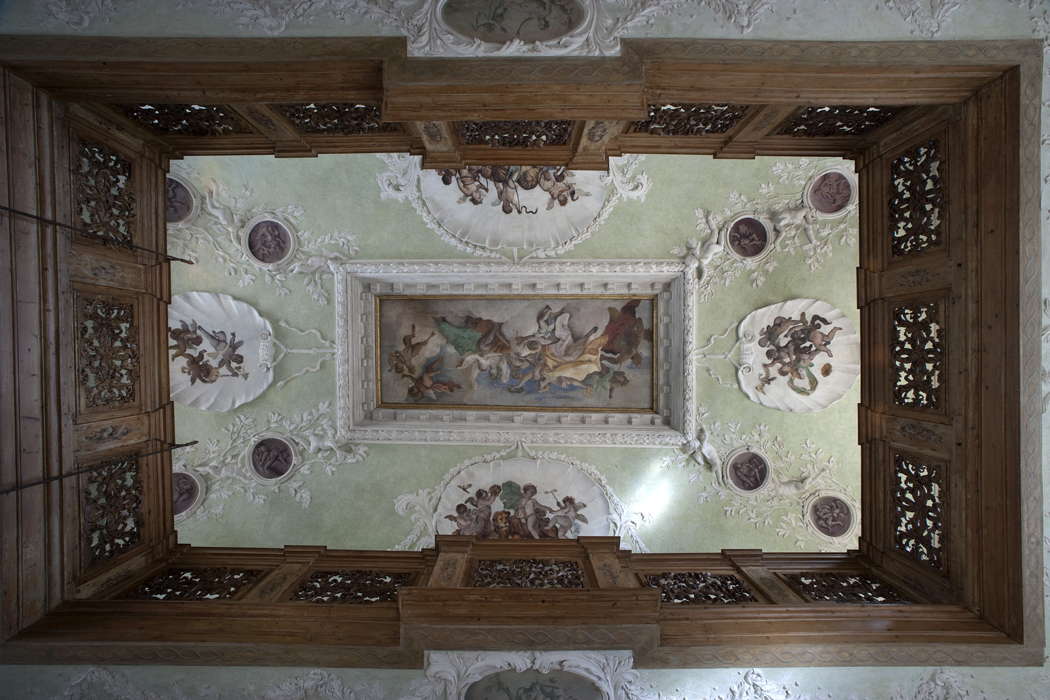
The Palazzetto Bru Zane in Venice. Photo © 2010 Matteo da Fina
Museums and major exhibitions are closed: for example as the exhibit on Raffael in Rome, an event of world importance, opened on 5 March 2020 for only three days instead of three months, even though tickets were almost all sold out. With travel blocked, social distancing and other restrictions, the sector has a huge net loss. The New York Times wrote that the virus caused a loss of employment in Rome alone of 170,000, equal to that detected in Hollywood.
'Baumol Disease', named after the New York-based mathematical economist William Baumol (1922-2017) adds pains to COVID-19. In the 1960s - during just a year spent in Italy, especially in Rome - he wrote a fundamental treatise on the sector, showing that in a world of rapid technological progress, without public support (through grants or tax reliefs targeted to philanthropic donations), theatres and above all, opera and symphony organizations, will die. German theatres have grants that cover an average of 90% of the costs and are always full thanks to a widespread, popular and active 'underlying' culture where all groups of the population are raised and grow with the habit and custom of going to concerts and operas since they were youngsters. For Italy, where music theatre was born four hundred years ago, this means a heavy loss of national heritage.
The danger is serious: for La Scala a month of closure means a loss of one million receipts, and the financial damage to other theatres is at similar levels, not to mention the summer festivals in danger of not running, with the loss also of the external effects they activate. For instance, the summer season of Rome's Teatro dell'Opera at the Terme di Caracalla - an audience of 4000 - and the main Florence Spring festival have been cancelled.
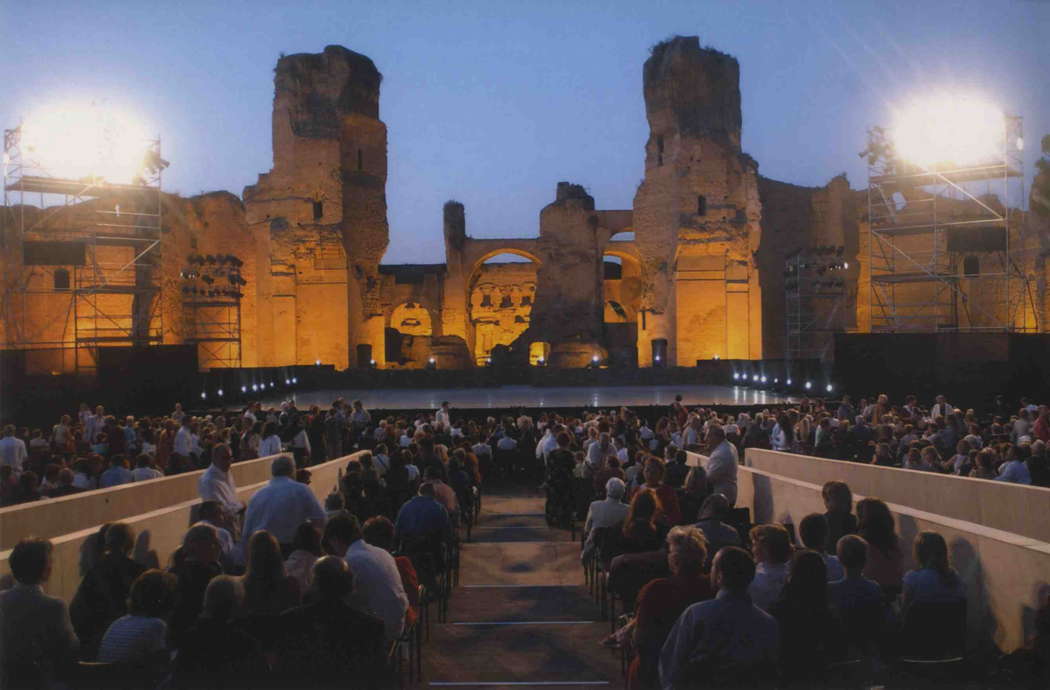
The Terme di Caracalla in Rome. Photo © 2011 C M Falsini
There are serious doubts of the possibility of implementing important, and very popular, initiatives such as the Ravenna festival, the Verona Arena Festival and even a world event such as the Rossini Opera festival.
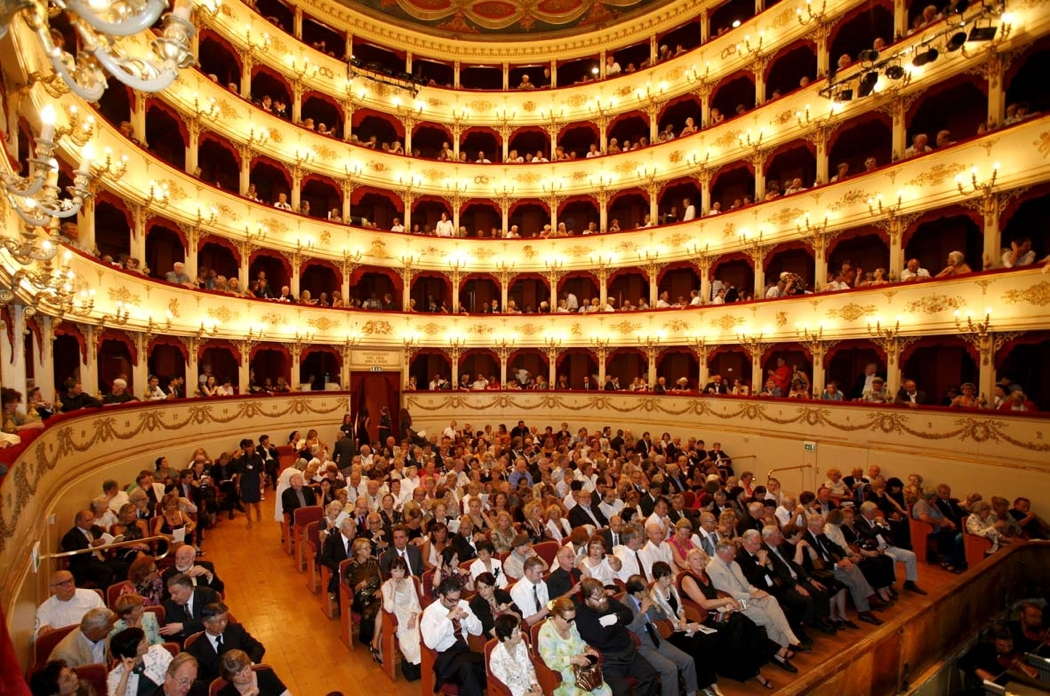
Teatro Rossini in Pesaro
Many theatres and concert societies are trying to fill the hole and not lose their affectionate audience by means of streaming some of their best and most popular performances of the past. However, live arts require theatres and concert halls. Streaming is not a substitute.
In Italy, various voices have been raised in support of culture and the performing arts. For example, in mid-April the Anfols - an organization that brings together the symphonic and the lyric opera foundations - launched a real cry of pain. The Bruno Leoni Institute, a private body supporting the free market, held two online conferences - one dedicated to plays, the other to music - to discuss what to do and how to intervene, also in a legislative way. I participated in both conferences. A group of intellectuals has proposed a fund for culture, both publicly and privately funded. However, it is difficult to find funding if GDP falls by an average of 7% per annum over this year and the next, as foreseen by the International Monetary Fund.
The Superintendent of Rome's Teatro dell'Opera, Carlo Fuortes, has launched the proposal of special issues of bonds.
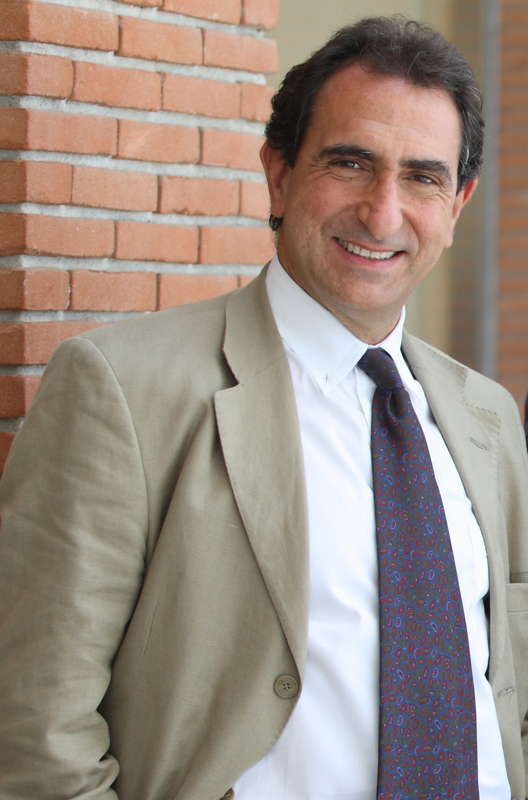
Carlo Fuortes
It is an idea, however embryonic, that has precedents. In nineteenth century Italy, private consortia - the 'palchettisti', ie the owners of the boxes - financed most of the theatres and concert halls, both in the construction stage and the operational phase (even when the management was entrusted to impresarios). In the rest of Europe they were, to a large extent, the work of the state and local aristocracy. After the Second World War, mainly in the world of Germanic culture, citizens and business people contributed in an essential way to the reconstruction and relaunch of theatres and concert halls by means of public subscriptions. Initially, the officials of the Marshall Plan would not want to invest half a dollar in this field but when they realized the popular appeal and support, they gave in and some funds were appropriated too - ie to the public subscription for the reconstruction of the Vienna Staatsoper.
The idea deserves a thorough and serious study. Theatres and musical foundations cannot issue bonds. Nonetheless, a banking group, or a consortium of financial institutions, particularly sensitive to culture, could issue special bonds aimed at culture and performing arts. They could be long-term - even zero coupons for a certain amount of time - or not redeemable as well as combine a market return with 'privileges' for subscriptions and ticket purchases.
Rome, Italy



